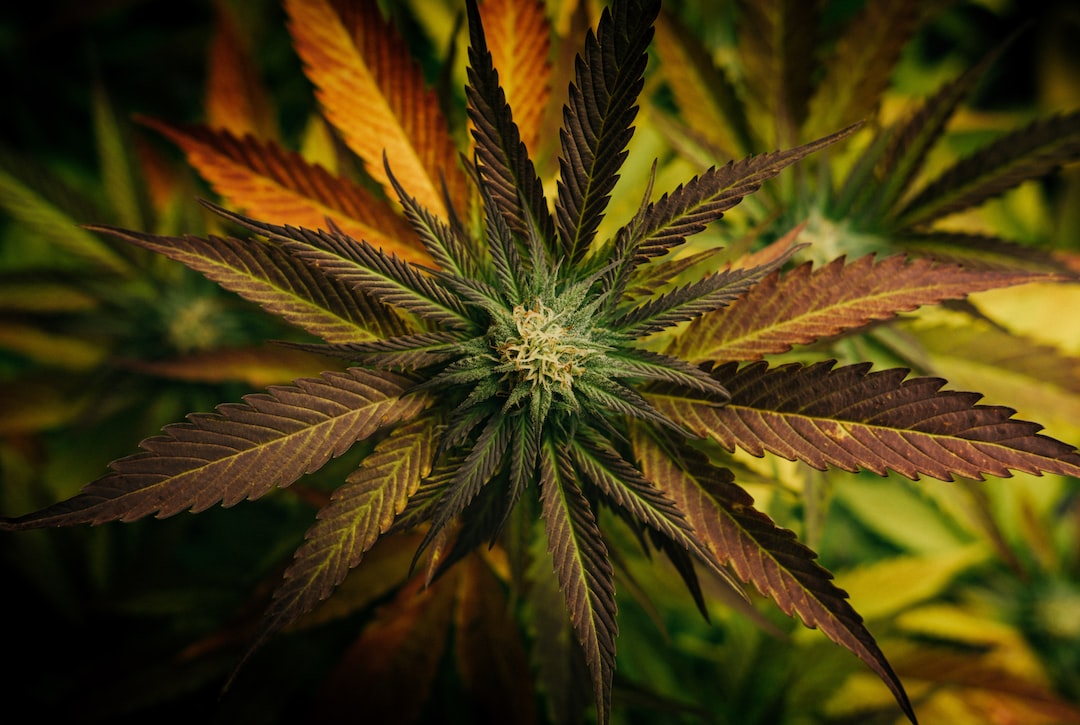THCA is the inactive precursor to THC, offering holistic support to the endocannabinoid system. Its effects are typically milder than THC’s but offer great potential to alleviate symptoms and provide overall wellness.
When heated, THCA decarboxylates to THC and produces psychoactive effects. THCA hemp flower can be used in various ways, including smoking or vaporizing with a dry herb rig.
Pain Relief
THCA is the precursor to THC, the cannabinoid that gives cannabis its psychoactive properties. It’s also known for its potential health benefits, including pain relief. THCA reduces chronic pain by modulating the endocannabinoid system to decrease inflammatory responses that cause pain and discomfort.
Unlike THC, THCA doesn’t interact with the CB1 cannabinoid receptors in your brain or body to create an intoxicating effect. Instead, THCA produces therapeutic and medicinal products through the entourage effect when combined with other terpenes and cannabinoids in craft hemp flowers.
THCA can help relieve chronic pain caused by muscle spasms in conditions such as multiple sclerosis, cerebral palsy, and spinal cord injuries. THCA can also alleviate pain associated with cancer, HIV/AIDS, and sickle cell anemia. THCA has antiemetic properties that can help reduce nausea and vomiting. It can also stimulate your appetite, making it an excellent choice for those struggling with a loss of hunger.
Neuroprotection
THCA flower benefits those who want to support their endocannabinoid system, a network of chemical messengers in the body that help regulate critical biological processes. This includes reducing pain, stimulating appetite, and regulating mood.
Unlike THC, THCA doesn’t produce psychoactive effects. This means it can be consumed without a high, which is excellent for those with sensitivity issues or who don’t want to experience a “high” effect. THCA can be enjoyed in many ways, including vaping, smoking, or adding it to edibles.
In addition, THCA hemp flower can be consumed in its raw form, but it’s also commonly converted to THC through decarboxylation. This can be done at home using a dry herb vaporizer, but purchasing pre-rolled joints for those with limited mobility or dexterity issues is expected. If a flower is decarboxylated, it will show up on a drug test as Delta 9 THC. If the THCA content is below 0.3%, it will still qualify as hemp. This is why knowing your product’s THCA content is critical before purchasing.
Appetite Stimulation
THCA Hemp Flower is a great way to stimulate the appetite. Many patients undergoing medical treatments or chronic diseases suffer from loss of appetite and must find ways to promote their desire to stay healthy. THCA hemp flowers are reported to have an antiemetic and anti-nauseating element, which helps suppress the urge to vomit.
THCA stands for Tetrahydrocannabinolic Acid and is the raw form of THC. It is believed to offer holistic support for the endocannabinoid system, with research suggesting possible anti-inflammatory and neuroprotective benefits. Some studies also suggest it helps focus and maintain healthy energy levels.
When THCA comes in contact with heat through smoking or a dry herb vaporizer, it undergoes decarboxylation and transforms into THC. This chemical reaction produces THC’s psychoactive effects, including heightened senses, euphoria, relaxation, and sometimes even munchies. More research is needed on this compound to determine if it can provide the same health benefits as THC, but more people are becoming aware of its unique advantages and potential.
Sleep Aid
In its raw form, THCA does not have sedative effects. However, it acts as a mild sedative when decarboxylated into THC for smoking or vaping (and even ingested through food) and activates the CB1 receptors. In addition, THCA’s neuroprotective effects may help ease insomnia and anxiety and boost relaxation and mental serenity.
Like CBD, THCA reduces inflammation and relieves pain and cramping, making it an effective treatment for inflammatory bowel diseases such as Crohn’s disease and ulcerative colitis. THCA also has antiemetic properties that make it effective against nausea, including chemotherapy-induced nausea and morning sickness.
THCA is getting some serious attention and for a good reason. It’s a vital cannabinoid that deserves to be in the spotlight. Luckily, it has cultivated a variety of THCA-heavy hemp flower strains that are entirely legal under the 2018 Farm Bill, thanks to their low Delta-9 THC levels.
Stress Relief
As a non-psychoactive cannabinoid, THCA produces holistic wellness effects when consumed raw. These include enhancing focus and concentration, maintaining healthy energy levels, and alleviating munchies. It is also believed to exhibit anti-inflammatory properties and has potential neuroprotective benefits.
When heated through a process known as decarboxylation, THCA transforms into THC and offers the same euphoric effects found in regular cannabis when consumed in higher doses. It is important to note that everyone’s tolerance is different, so starting with low doses and increasing consumption as needed is recommended.
A high THCA flower is grown on a certified industrial hemp farm and is lab-tested to ensure compliance with federally mandated delta 9 THC limits. It is also cured and dried to improve its flavor, aroma, and effect.
The THCA flower is rich in terpenes, which enhance the entourage effect and broaden its therapeutic capabilities. Its diverse terpene profile heightened potency, and rigorous laboratory testing make it an excellent option for those looking to try a high-quality THCa product that is trusted and safe.



